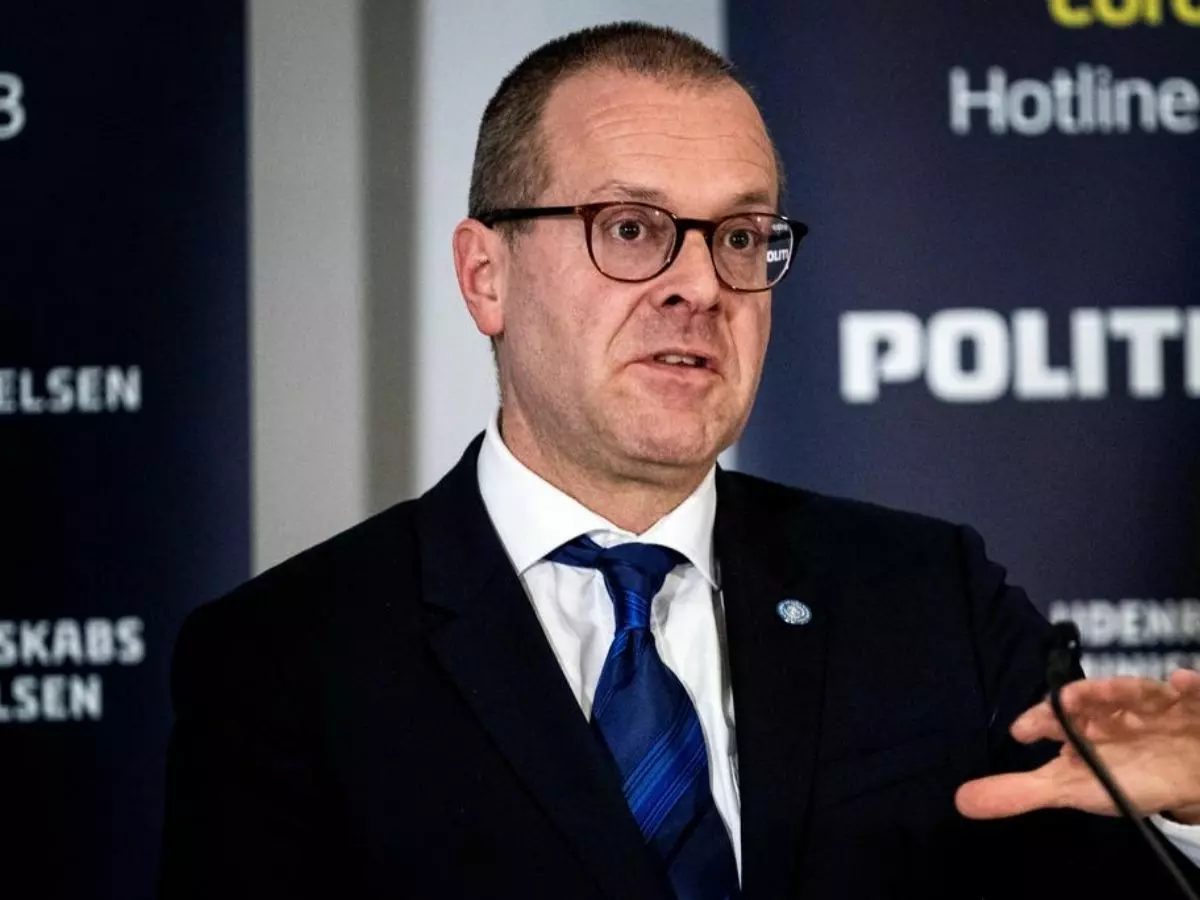With 40,000 Daily Cases, Europe's COVID-19 Rise At 'Alarming Rate' Warns WHO
According to WHO, Europe has recorded nearly five million cases of COVID-19 and more than 227,000 related deaths.

It has been nearly nine months that our world has been fighting against COVID-19. While there are still many nations, like India where the cases continue to rise, there were also some nations that managed to reduce the number of cases, (like Europe) in some cases even resulting in no new cases surfacing there. However now it looks like the number of cases have started to rise once again in these regions.
 Reuters
Reuters
Reported first by AFP, the World Health Organisation has issued a warning of the skyrocketing cases of COVID-19 in Europe in the month of September. According to WHO, Europe has recorded nearly five million cases of COVID-19 and more than 227,000 related deaths. The number of daily cases recorded is currently between 40,000 and 50,000, comparable to a daily peak of 43,000 on April 1.
The WHO's regional director for Europe Hans Kluge says, ¡°The September case numbers should serve as a wake up call for all of us.¡±
He added that even though one of the reasons causing this spike could be more comprehensive testing, it is alarming nonetheless, ¡°Although these numbers reflect more comprehensive testing, it also shows alarming rates of transmission across the region."
 Reuters
Reuters
Moreover, there are nations in Europe who have reduced the quarantine period of 14 days 00 France has it for seven days, UK & Ireland has it for just 10 days, while other European countries are planning on such reductions in future too.
To this, WHO¡¯s Europe senior emergency officer Catherine Smallwood said, "Our quarantine recommendation of 14 days has been based on our understanding of the incubation period and transmission of the disease. We would only revise that on the basis of a change of our understanding of the science."
 Reuters
Reuters
Kluge added, "Knowing the immense individual and societal impact even a slight reduction in the length of quarantine can have. I encourage countries of the region to make scientific due process with their experts and explore safe reduction options," while strongly urging that the "concept of quarantine must be protected and continuously adapted."
